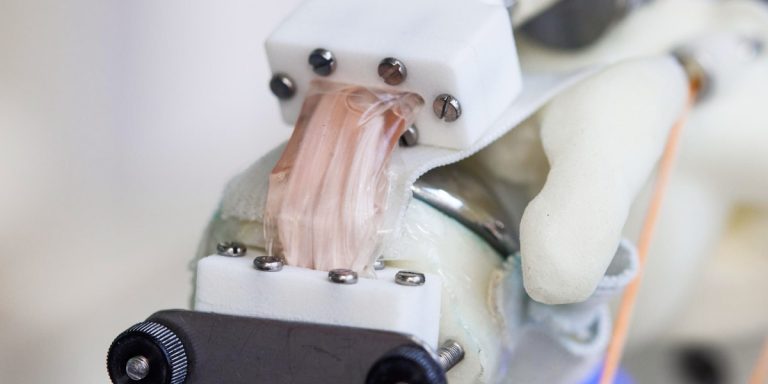These various endeavors are the through line for Gates’s latest book, written from a techno-optimist’s perspective. “Everything I’ve learned about climate and technology makes me optimistic … if we act fast enough, [we can] avoid a climate catastrophe,” he writes in the opening pages.
As many others have pointed out, a lot of the necessary technology already exists; much can be done now. Though Gates doesn’t dispute this, his book focuses on the technological challenges that he believes must still be overcome to achieve greater decarbonization. He spends less time on the political obstacles, writing that he thinks “more like an engineer than a political scientist.” Yet politics, in all its messiness, is the key barrier to progress on climate change. And engineers ought to understand how complex systems can have feedback loops that go awry.
Yes, minister
Kim Stanley Robinson does think like a political scientist. The beginning of his latest novel, The Ministry for the Future, is set just a few years from now, in 2025, when a massive heat wave hits India, killing millions. The book’s protagonist, Mary Murphy, runs a UN agency tasked with representing the interests of future generations and trying to align the world’s governments behind a climate solution. Throughout, the book puts intergenerational equity and various forms of distributive politics at its center.

If you’ve ever seen the scenarios the Intergovernmental Panel on Climate Change develops for the future, Robinson’s book will feel familiar. His story asks about the politics necessary to solve the climate crisis, and he has certainly done his homework. Though it is an exercise in imagination, there are moments when the novel feels more like a graduate seminar in the social sciences than a work of escapist fiction. The climate refugees who are central to the story illustrate the way pollution’s consequences hit the global poor the hardest. But wealthy people emit far more carbon.
Reading Gates next to Robinson underlines the inextricable link between inequality and climate change. Gates’s efforts on climate are laudable. But when he tells us that the combined wealth of the people backing his venture fund is $170 billion, we may be puzzled that they have dedicated only $2 billion to climate solutions—less than 2% of their assets. This fact alone is an argument for wealth taxes: the climate crisis demands government action. It cannot be left to the whims of billionaires.
As billionaires go, Gates is arguably one of the good ones. He chronicles how he uses his wealth to help the poor and the planet. The irony of his writing a book on climate change when he flies in a private jet and owns a 66,000-square-foot mansion is not lost on the reader—nor on Gates, who calls himself an “imperfect messenger on climate change.” Still, he is unquestionably an ally to the climate movement.
But by focusing on technological innovation, Gates underplays the material fossil-fuel interests obstructing progress. Climate-change denial is strangely not mentioned in the book. Throwing up his hands at political polarization, Gates never makes the connection to his fellow billionaires Charles and David Koch, who made their fortune in petrochemicals and have played a key role in manufacturing denial.
For example, Gates marvels that for the vast majority of Americans, electric heaters are actually cheaper than continuing to use fossil gas. He presents people’s failure to adopt these cost-saving, climate-friendly options as a puzzle. It isn’t. As journalists Rebecca Leber and Sammy Roth have reported in Mother Jones and the Los Angeles Times, the gas industry is funding front groups and marketing campaigns to oppose electrification and keep people hooked on fossil fuels.






